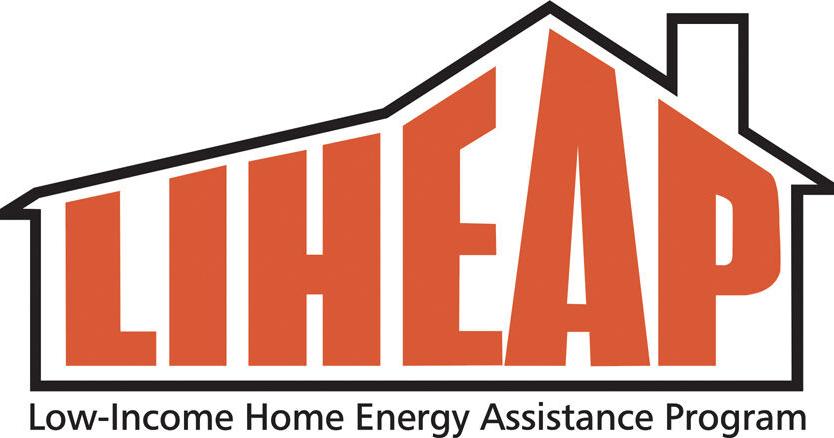
Federal Funding to Aid NY Families with Winter Heating Costs
As winter approaches, U.S. Senate Majority Leader Charles E. Schumer and Senator Kirsten Gillibrand have announced a significant boost for New Yorkers who are struggling to keep their homes warm this season. The state is set to receive 0,185,996 in federal funding through the Low Income Home Energy Assistance Program (LIHEAP). This funding is aimed at supporting thousands of low-income households across New York as they face rising energy costs and the chilling realities of winter.
“With winters in New York often bringing harsh conditions, it’s crucial that everyone has access to the warmth of their homes,” stated Schumer. He emphasized that this funding will allow seniors and families to manage their energy bills and make necessary repairs to their heating systems, ensuring they remain safe and comfortable during the cold months ahead.
A Lifeline for Vulnerable Households
The Low Income Home Energy Assistance Program is designed to provide essential support for families grappling with high heating bills. It offers a range of services aimed at ensuring that vulnerable groups—like seniors, individuals with disabilities, and families with young children—can maintain safe indoor temperatures. By helping to reduce energy costs, reconnect disconnected energy services, and prevent impending energy shutoffs, LIHEAP stands as a critical lifeline for many.
“This funding empowers families to focus on their well-being rather than worrying about keeping the heat on,” Gillibrand remarked, underlining the urgency of financial support as winter looms. She has also been a strong advocate for increasing federal funding for LIHEAP, recognizing just how vital it is for New York families, particularly during the brutal winter months.
Community Impact and Accessibility
The recent infusion of funds comes at a time when many households in Upstate New York are relying more than ever on assistance programs. Over the past year, thousands of families accessed LIHEAP to alleviate the pressure of heating costs and restore heating services. Schumer noted, “Upstate winters can be unforgiving. We need to ensure that families have the resources they need to pass through this season without fear of severe cold.”
Moreover, both senators highlighted the broader implications of this funding: keeping homes heated not only protects physical health but also promotes mental well-being, allowing families to feel secure in their spaces. The availability of LIHEAP funds means fewer families will face the devastating choice between paying energy bills and affording basic necessities.
Navigating the Application Process
For those interested in applying for assistance through LIHEAP, there are clear pathways available to access help. Eligible households can visit energyhelp.us or call the National Energy Assistance Referral (NEAR) hotline toll-free at 1-866-674-6327 for guidance. Additionally, New Yorkers can determine their eligibility through the official LIHEAP Eligibility Tool, ensuring they can navigate the process with ease.
Conclusion
In conclusion, the announcement of 0 million in LIHEAP funding is a much-needed measure as New York braces for winter. By ensuring that energy assistance is accessible to those who need it most, Schumer and Gillibrand are taking decisive steps toward enabling every New Yorker to stay warm and secure in their homes.
As winter approaches, it is evident that community support and federal programs like LIHEAP play an essential role in fostering a sense of security for the state’s most vulnerable populations. Everyone deserves a warm home during the freezing cold, and efforts like these make a profound difference. With access to vital resources, New Yorkers can focus on what truly matters—family, health, and overall well-being—without the looming worry of energy costs.
This winter, let’s remember the importance of community support and the safety net provided through programs like LIHEAP, which serve to protect some of our most vulnerable citizens from the perils of severe weather.



